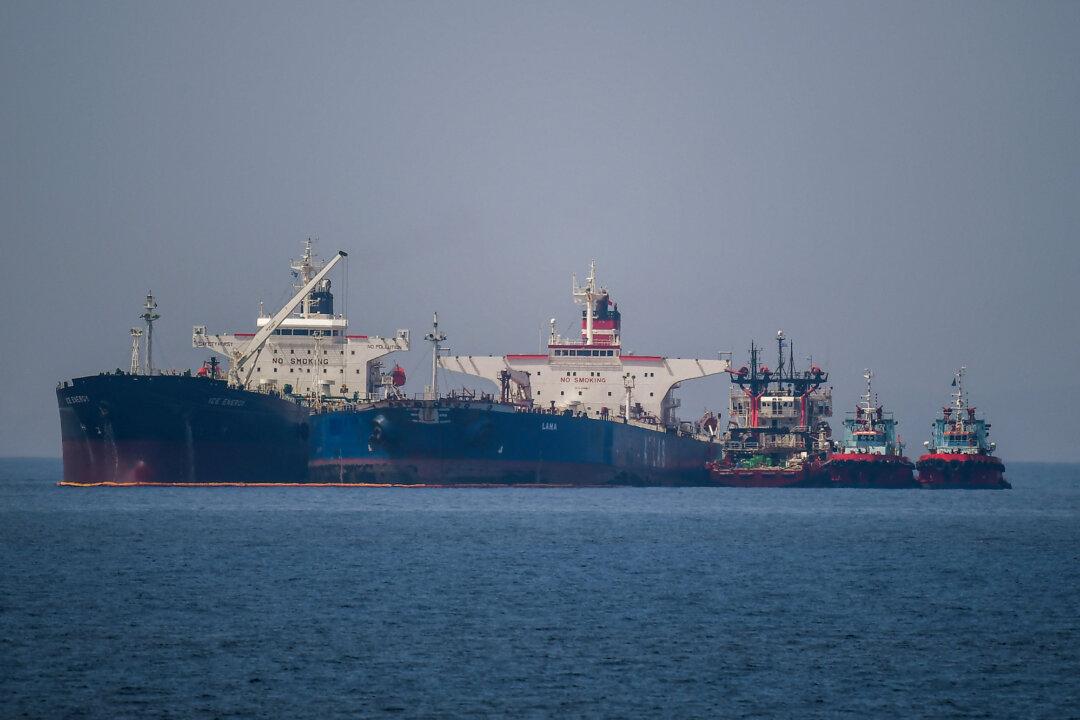The European Union has reached an agreement on new sanctions against Russia, focusing on the “shadow fleet” of tankers used by Moscow to evade Western restrictions on oil trade.
This marks the latest in a series of EU sanctions since February 2022, when the decade-long conflict between Russia and Ukraine escalated into a full-scale war. As the war drags on, the EU has increasingly focused on cutting off revenues that keep Russia’s war machine running.





